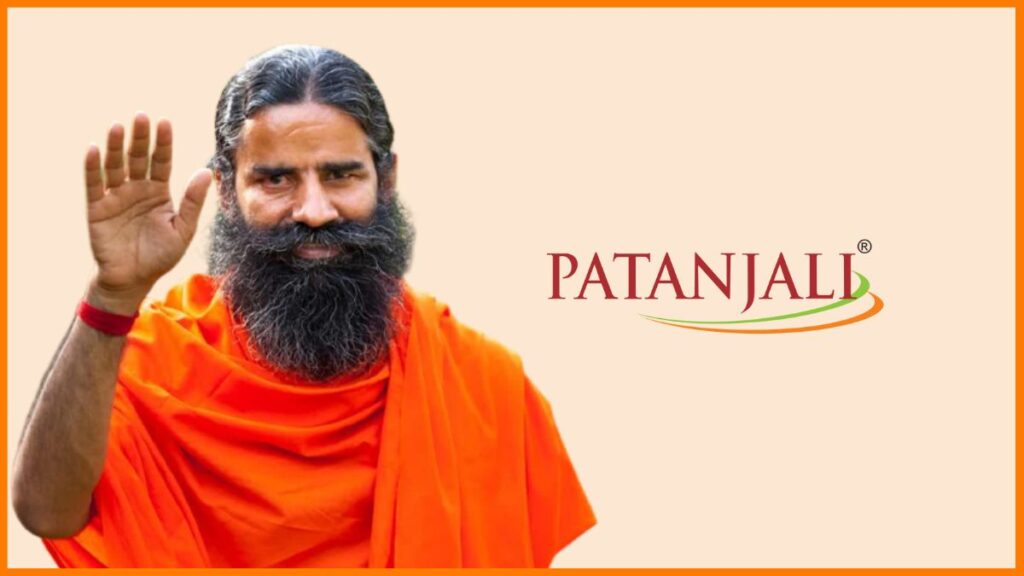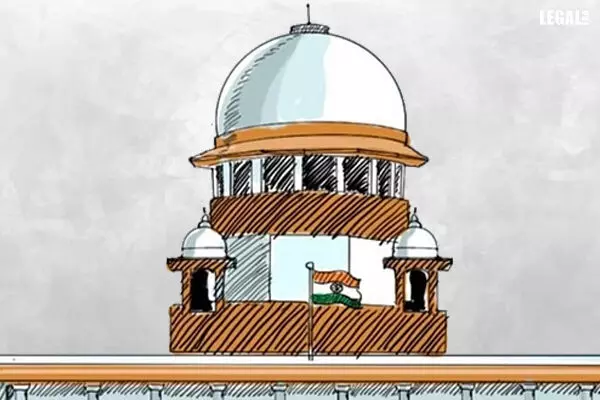
Supreme Court Is Not Just Concerned About Patanjali, But About All FMCG Companies That Deceive Customers By Selling Products With False Health Claims
Last Updated on April 11, 2024 by News Desk
Issue:
The rejection of Patanjali’s apology affidavit by the Supreme Court in the issue of deceptive advertisements prompts worries about FMCG businesses misleading customers and endangering public health.
Facts:
In a case involving deceptive advertising, the Supreme Court rejected the MD and co-founder of Patanjali’s apologetic affidavit. Concerning FMCG businesses deceiving customers, Justices Hima Kohli and Ahsanuddin Amanullah highlighted larger concerns, noting that such activities are inappropriate and harmful to public health.
Arguments:
Representing Baba Ramdev, Senior Advocate Balbir Singh recommended making use of the chance to create more comprehensive regulations for the sector and customer base. Nevertheless, there was little success in trying to moderate the court’s position.
Reasoning of Judgment:
Justice Kohli underlined how serious the issue is and how the public’s health is in jeopardy. She emphasized that the effects of FMCG businesses’ dishonest business methods go beyond financial gain and affect customers’ quality of life.
Conclusion:
The Supreme Court took a strong stand against misleading advertising tactics in the FMCG industry when it rejected Patanjali’s apology. The court’s concern for public health emphasizes the necessity of strict laws and accountability frameworks to stop businesses from deceiving customers. This decision should serve as a warning to FMCG businesses that it will not be acceptable for them to put profits ahead of public health.
Case Title: INDIAN MEDICAL ASSOCIATION v. UNION OF INDIA
Written By: Nikita Shankar @nikitaashankar




